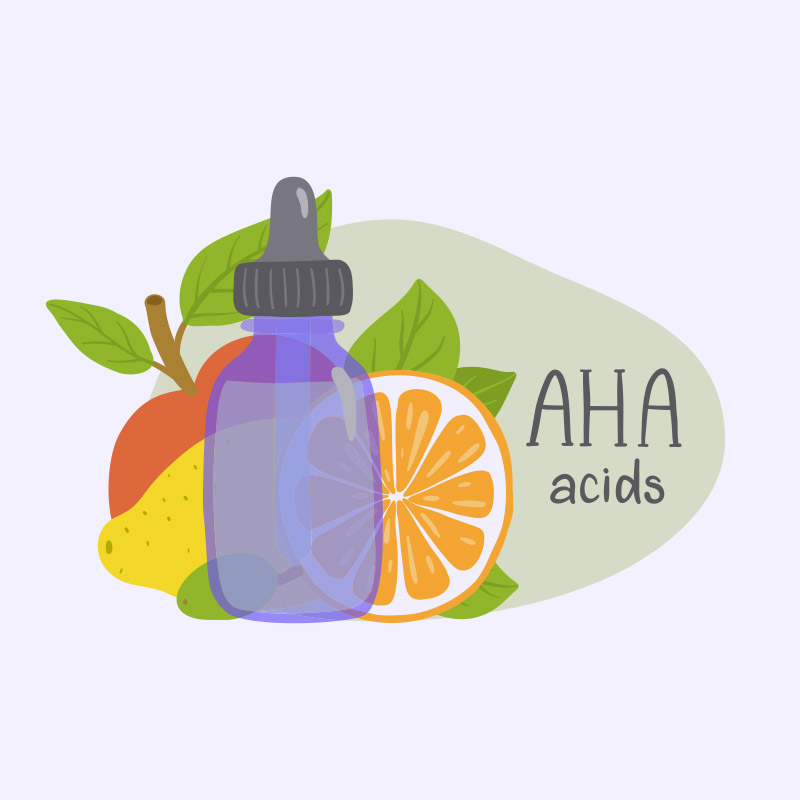Home » Acne Treatments » Complementary Therapies
Complementary Therapies
Using natural treatments to manage acne
There’s a lot of interest in using complementary therapies or natural treatments for acne. But it’s still important to talk with your doctor if you’re thinking about starting any sort of acne treatment.
Just because something is considered a ‘natural’ therapy doesn’t mean it’s harmless.
In many cases, evidence is limited and more research needs to be done to determine how effective and safe some natural treatments are.
And, unlike pharmaceutical products and prescribed medications, manufacturers of complementary medicines are not subject to the same mandatory testing prior to selling their products.
So although they may be widely promoted as safe and effective, they do not need to be tested before they are sold online or in-store!
Certain products may contain other ‘natural ingredients’ with or without labelling this on the product and some ingredients can cause allergies or irritation.
A well-respected manufacturer understands the importance of producing high quality products, so choose these products in preference to unknown manufacturers.
Like other medications, using more of a complementary or natural product is not necessarily better or more effective and may cause irritation.
Use the product as directed. If there are no clear instructions – use a small amount to see how it interacts with your skin.
We’ve reviewed some of the more popular natural treatments that have been shown to help improve acne here:
Tea Tree Oil
Since the early 1990s some scientific studies have shown that tea tree oil can be useful in the treatment of acne, particularly mild acne.
Recent studies have confirmed that 5% tea tree oil (as a gel) used daily can have effects comparable to the daily use of 5% benzoyl peroxide and may have fewer side effects.
However, the evidence does show that the effect of tea tree oil is often slower and can take months rather than weeks to show a comparable result to benzoyl peroxide.
Generally, tea tree oil is well tolerated.
Most commonly reported side effects are dryness and irritation. It is possible to have severe allergic reactions from tea-tree oil, which occurs in around 1 in 40 individuals. It should never be taken orally.
Testing the product on a very small area of skin away from the face daily, for 2-3 consecutive days can be useful in determining if you will develop an irritation or allergic reaction to your particular product.

Azelaic Acid
Azelaic acid is a ‘natural’ acid found in wholegrain cereals and other animal products. It has been shown to have an anti-inflammatory action as well as reducing post-inflammatory hyperpigmentation when acne spots get darker with time.
Studies have shown that a formulation of 20% azelaic acid is comparable to topical retinoid and antibiotic preparations in the treatment of acne when used twice a day over four weeks for mild to moderate acne.
More recent studies have shown good effect at slightly less concentration too.
Your doctor may choose to combine this therapy with other conventional therapies to treat acne.
The most common side effects are burning sensations and itchiness at the commencement of therapy. Irritation can also occur but azelaic acid is generally well tolerated.
Alpha Hydroxy Acid (also known as fruit acid)
Alpha hydroxy acids (or fruit acids) can help remove the top layer of dead skin cells which “unplugs” blocked pores and may help in reducing post-inflammatory changes.
Fruit acids are contained in a number of facial treatments and in over-the-counter preparations, both as cleansers and leave on treatments. They include citric, gluconic and glycolic acids.
Some studies show their benefit in treating acne although their effectiveness depends on the type, strength and formulation of each product.
Increased photo-sensitivity and the chance of sunburn, irritation and redness are the most commonly reported side effects.
If you have allergies to certain foods you may still develop a severe allergic reaction applying the acid of that food to your face. Most commonly reported side effects are dryness and irritation.

Manuka Honey
Based on studies suggesting it has antibacterial and wound healing properties, manuka honey is promoted as an acne remedy.
Most of the scientific material actually comes from it’s use in wound healing and not acne. So we are still in need of good quality studies to support it’s use in acne.
Zinc
- 13mg daily for boys and 7mg daily for girls aged 14-18
- 14mg daily for men and 8mg daily for women aged 19+
Vitamin A
High dose vitamin A does help acne but it’s actually toxic at the doses needed to improve acne! A number of prescription creams and an oral acne medication contain vitamin A derivatives.
If you are planning to become pregnant you should avoid taking high doses of vitamin A.
Colloidal Oatmeal
If you develop irritation from harsh cleansing, colloidal oatmeal can have a calming and anti-irritant effect. It can also protect or minimise irritation.
There are a number of gentle washes available containing oatmeal.
How much do you REALLY know about acne?
It’s amazing there are still so many myths about acne. It seems the more information, the more confusion, which can feel really frustrating.
Take our quiz to get your zit mythbusting score and check your acne facts.

